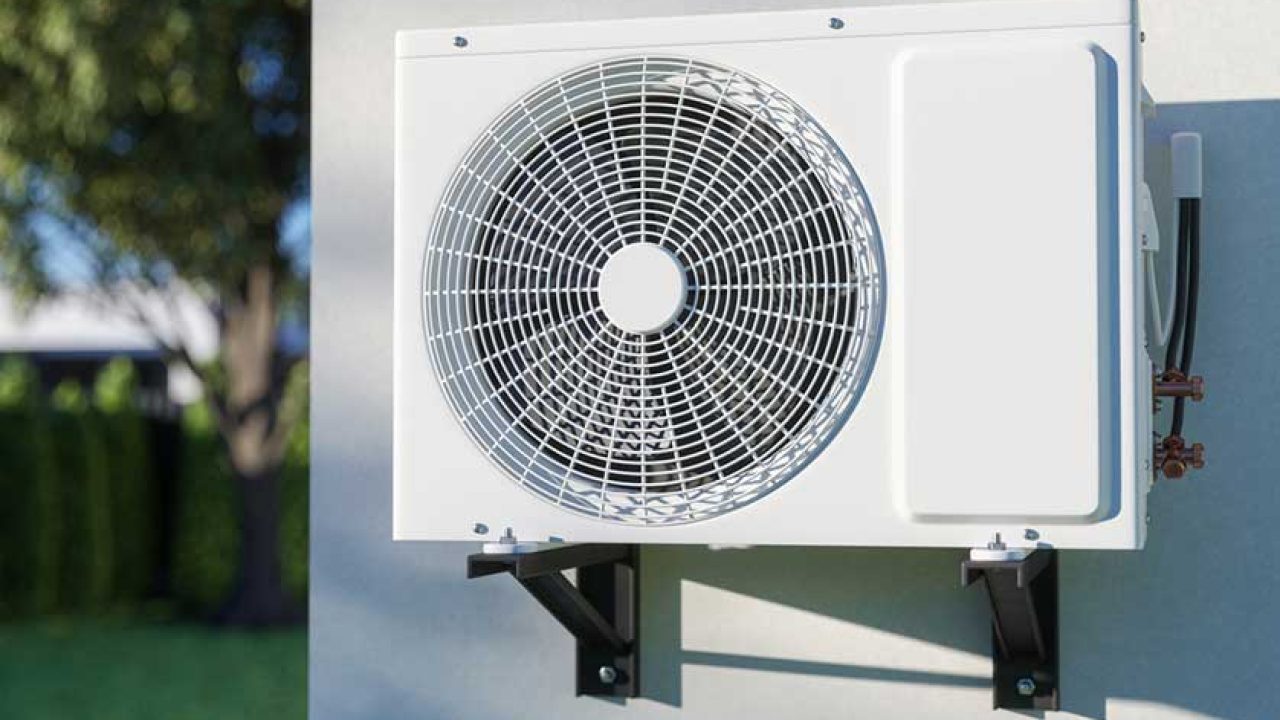

Articles
What Type Of HVAC System Do I Have
Modified: December 7, 2023
Discover the different types of HVAC systems in this informative article. Gain a better understanding of your HVAC system to ensure optimal comfort and energy efficiency.
(Many of the links in this article redirect to a specific reviewed product. Your purchase of these products through affiliate links helps to generate commission for Storables.com, at no extra cost. Learn more)
Introduction
Welcome to the world of HVAC systems! Whether you’re a homeowner or a renter, understanding the type of HVAC system you have is crucial for proper maintenance, troubleshooting, and overall comfort in your living space.
HVAC, which stands for Heating, Ventilation, and Air Conditioning, is a system that regulates the temperature, humidity, and air quality of an indoor environment. These systems come in various types, each with its own unique features and benefits.
In this article, we will explore the different types of HVAC systems and help you determine the type you have in your home. Let’s get started!
Key Takeaways:
- Understanding your HVAC system type is crucial for maintenance, energy efficiency, and comfort. Whether it’s a split, packaged, or hybrid system, knowing its specific features empowers you to make informed decisions and save money in the long run.
- Regular maintenance and professional servicing are essential for optimizing the performance and lifespan of your HVAC system. Knowing the type of system you have enables you to take appropriate actions, harness energy-saving capabilities, and ensure a reliable, efficient, and comfortable living environment.
Read more: What Type Of Roof Do I Have
Types of HVAC Systems
There are three main types of HVAC systems commonly found in residential and commercial buildings: split systems, packaged systems, and hybrid systems. Let’s take a closer look at each of these systems:
- Split Systems: Split systems are the most common type of HVAC system and are typically found in homes. They consist of two main components: an indoor unit, which contains the evaporator coil and blower, and an outdoor unit, which houses the condenser coil and compressor. Split systems are designed to provide both heating and cooling, allowing for precise temperature control.
- Packaged Systems: Packaged systems are a self-contained unit that houses all the components of an HVAC system in a single unit. They are commonly found in small commercial buildings or in homes that do not have sufficient space for separate indoor and outdoor units. Packaged systems can provide both heating and cooling and are often placed on rooftops or on the ground outside the building.
- Hybrid Systems: Hybrid systems combine the benefits of both a traditional split system and a heat pump. They can switch between using electricity and natural gas for heating, depending on the most cost-effective option. During mild weather, the heat pump is used to efficiently heat or cool the home, while the gas furnace kicks in during extreme temperatures. Hybrid systems are known for their energy efficiency and can help reduce utility costs.
These three types of HVAC systems offer different advantages and suit different types of buildings and climates. By understanding the type of system you have, you can better comprehend how it operates and make informed decisions when it comes to maintenance, repairs, or upgrades.
Split Systems
Split systems are the most commonly used type of HVAC system in residential homes. They consist of two main components: an indoor unit and an outdoor unit.
The indoor unit contains the evaporator coil and the blower, which is responsible for circulating the conditioned air throughout the space. This unit is usually installed in a utility closet, basement, or attic. It is connected to the outdoor unit via refrigerant lines, electrical wiring, and a drainpipe.
The outdoor unit houses the condenser coil, compressor, and a fan. The compressor is the heart of the system and is responsible for compressing the refrigerant to increase its temperature. The condenser coil releases heat into the air outside, and the fan blows the hot air away from the coil.
Split systems provide both heating and cooling capabilities. During the summer, the system extracts heat from inside the house and releases it outside, resulting in cooler air circulating throughout the space. In the winter, the system reverses this process, extracting heat from the outdoor air and transferring it inside to warm the space.
One of the main advantages of split systems is their ability to provide precise temperature control. Each indoor unit can be controlled independently, allowing for customized comfort in different areas of the home. Split systems are also energy efficient, as they can be set to heat or cool only the areas that need it, saving energy and reducing utility costs.
It’s important to note that split systems require professional installation and regular maintenance to ensure optimal performance. Regular servicing of the units, cleaning or replacing filters, and checking refrigerant levels are all important tasks for maintaining the efficiency and longevity of the system.
If you have a split system, make sure to familiarize yourself with its specific components, operations, and maintenance requirements. Understanding the workings of your split system will help you troubleshoot any issues that may arise and ensure the optimal performance of your HVAC system.
Packaged Systems
Packaged systems are a self-contained type of HVAC system that houses all the necessary components in a single unit. Unlike split systems, where the components are separated into indoor and outdoor units, packaged systems have everything integrated into a single cabinet.
These systems are commonly found in small commercial buildings or residential spaces where there is limited room for separate indoor and outdoor units. Packaged systems can provide both heating and cooling capabilities, making them a versatile choice for various applications.
The packaged unit typically contains the following components:
- Compressor: The compressor is responsible for compressing the refrigerant and raising its temperature.
- Condenser Coil: The condenser coil releases heat into the outdoor air, allowing the refrigerant to cool down and condense.
- Evaporator Coil: The evaporator coil absorbs heat from the indoor air, cooling it down before circulating it back into the space.
- Air Handler: The air handler contains the blower fan, which circulates the conditioned air throughout the building, and the filter, which helps trap dust and other particles in the air.
- Thermostat: The thermostat controls the temperature and operation of the system, allowing users to set their desired comfort levels.
One of the main advantages of packaged systems is their ease of installation. Since all the components are housed in a single unit, they can be easily transported and installed in a compact space, such as on the rooftop or the ground outside the building.
Another benefit of packaged systems is their energy efficiency. They are designed with advanced technologies and can be equipped with features such as variable-speed fans and zoning capabilities, allowing users to heat or cool specific areas of the building as needed.
As with any HVAC system, regular maintenance is essential to keep a packaged system running efficiently. This includes cleaning or replacing filters, checking refrigerant levels, inspecting electrical connections, and ensuring proper airflow.
If you have a packaged system in your home or building, it’s important to familiarize yourself with its specific components and maintenance requirements. Understanding how your packaged system operates will help you troubleshoot any issues and ensure optimal performance for years to come.
Check the label on your HVAC unit for the model and serial number. You can also look for a metal tag on the unit or check the owner’s manual for more information.
Hybrid Systems
Hybrid systems, also known as dual fuel systems or dual energy systems, are a combination of a traditional split system and a heat pump. These systems offer the benefits of both electric heating and gas heating, allowing for optimal energy efficiency and cost savings.
The core components of a hybrid system include:
- Heat Pump: The heat pump is responsible for both heating and cooling the indoor space. It operates by transferring heat between the indoor and outdoor environments. During hot weather, the heat pump extracts heat from inside the home and releases it outdoors, providing cool air. In colder weather, it extracts heat from the outdoor air and transfers it inside to warm the space.
- Gas Furnace: The gas furnace serves as a secondary heating source, used during extreme cold weather conditions. When the temperature drops below a certain threshold, the hybrid system switches from using the heat pump to utilizing the gas furnace for heating. This ensures optimal comfort and energy efficiency during the coldest periods.
- Thermostat: The thermostat controls the operation of the system and allows users to set their desired temperature and heating preferences. It also includes programming features to schedule temperature adjustments based on occupancy patterns.
The main advantage of a hybrid system is its energy efficiency. During mild weather, when the demand for heating or cooling is moderate, the heat pump operates efficiently and effectively. The heat pump utilizes electricity to transfer heat, which is a more energy-efficient method compared to generating heat through combustion, as in traditional gas furnaces. This results in lower energy costs and reduced environmental impact.
When the outside temperature drops below the optimal operating range for the heat pump, the system automatically switches to the gas furnace. Gas furnaces are known for their high heating efficiency and are capable of quickly raising the indoor temperature to the desired level. This ensures comfort during extreme cold spells while still benefiting from the energy efficiency of the heat pump for the majority of the heating season.
Proper maintenance is essential for the smooth and efficient operation of a hybrid system. Regular servicing, including filter cleaning or replacement, inspection of electrical connections, and checking gas supply, should be performed to keep the system running optimally. It is recommended to schedule professional maintenance at least once a year.
If you have a hybrid system in your home, familiarize yourself with how it operates and the maintenance requirements specific to this type of system. Understanding the functionality of your hybrid system will enable you to make the most of its energy-saving capabilities and enhance your overall comfort.
Read more: How Do I Become A HVAC Technician
Determining Your HVAC System Type
Determining the type of HVAC system you have in your home or building is essential for proper maintenance, troubleshooting, and understanding how your system operates. Here are a few ways to determine your HVAC system type:
- Inspect Your Equipment: Start by examining your HVAC equipment. For split systems, you will have both an indoor unit (containing the evaporator coil and blower) and an outdoor unit (housing the condenser coil and compressor). Packaged systems, on the other hand, have all the components integrated into a single unit. Look for these units and take note of their locations and features.
- Review Documentation: Check any documentation you have for your HVAC system. This could include the original installation manual, user guides, or any maintenance records. These documents often provide details about the type of system installed in your home.
- Consult with a Professional: If you are unsure about the type of HVAC system you have, it is always a good idea to consult with a professional. An HVAC technician or contractor can assess your system, identify its type, and provide you with the necessary information.
- Research Manufacturer Information: Research the manufacturer and model number of your HVAC equipment. Visit the manufacturer’s website or contact their customer support to find specific details on the type of system you own. They can provide insights into the features and capabilities of your system.
By utilizing these methods, you should be able to determine the type of HVAC system installed in your home. Whether it’s a split system, packaged system, or hybrid system, this knowledge will help you understand how your system functions and assist you in addressing any potential issues that may arise.
Remember, proper maintenance and regular servicing are crucial for optimizing the performance and lifespan of your HVAC system. Knowing the type of system you have will also guide you in scheduling the necessary maintenance tasks and ensure that you receive appropriate service from qualified professionals.
Importance of Knowing Your HVAC System Type
Knowing the type of HVAC system you have in your home or building is of utmost importance for several reasons:
- Maintenance and Repairs: Understanding your HVAC system type allows you to perform proper maintenance and address repairs effectively. Different types of systems have specific maintenance requirements and troubleshooting procedures. By knowing your system type, you can follow the manufacturer’s guidelines or seek professional assistance in maintaining and repairing your HVAC system.
- Energy Efficiency: Each HVAC system type has its own energy efficiency capabilities. For example, knowing whether you have a hybrid system, which combines a heat pump and gas furnace, allows you to take advantage of its energy-saving features. By operating your system correctly and utilizing its energy-efficient functions, you can lower your energy consumption, reduce utility bills, and minimize your environmental impact.
- Optimal Comfort: Understanding your HVAC system type helps you achieve optimal comfort in your living space. By knowing whether your system provides both heating and cooling capabilities, you can properly control the temperature and humidity levels as needed. You can also ensure that your system is properly sized for your space, preventing under or overworking of the HVAC system, which can impact comfort levels and energy efficiency.
- Compatibility and Upgrades: When considering upgrades or modifications to your HVAC system, knowing the existing system type is crucial. Different types of systems have specific compatibility requirements for additional components or upgrades. By understanding your system type, you can make informed decisions when it comes to upgrading your system or integrating new technologies or features.
- System Lifespan: Proper knowledge of your HVAC system type allows you to take the necessary steps to extend its lifespan. Different system types have different longevity and reliability levels. Knowing your system type helps you schedule regular maintenance, perform timely repairs, and ensure that your system operates optimally, ultimately increasing its lifespan and avoiding premature breakdowns.
By understanding the type of HVAC system you have in your home or building, you can make informed decisions regarding maintenance, repairs, upgrades, and energy efficiency measures. This knowledge empowers you to take better care of your system, improve comfort levels, and ultimately save money in the long run.
Whether it’s a split system, packaged system, or hybrid system, invest the time to educate yourself about your HVAC system type. By doing so, you can enjoy a reliable, efficient, and comfortable living environment for years to come.
Conclusion
Understanding the type of HVAC system you have in your home or building is essential for maintaining optimal comfort, energy efficiency, and system performance. Whether you have a split system, packaged system, or hybrid system, knowing the specific features and maintenance requirements of your system enables you to make informed decisions and take appropriate actions when it comes to maintenance, repairs, and upgrades.
Each type of HVAC system offers its own unique benefits and functionalities. Split systems provide precise temperature control and are commonly found in residential homes. Packaged systems are self-contained units suitable for limited-space installations, such as small commercial buildings. Hybrid systems combine the efficiencies of heat pumps and gas furnaces to maximize energy savings during different weather conditions.
By determining your HVAC system type, you can ensure that you perform the necessary maintenance tasks required to keep your system running efficiently. Regular servicing, including cleaning or replacing filters, checking refrigerant levels, and inspecting electrical connections, is crucial for optimizing performance and extending the lifespan of your system.
Knowing your system type also allows you to harness its energy-saving capabilities and maximize your comfort while minimizing utility costs. Whether it’s taking advantage of the energy-efficient features of a hybrid system or properly utilizing the zoning capabilities of a split system, understanding how your system operates helps you make environmentally conscious choices and save money in the long run.
Lastly, knowledge of your HVAC system type is valuable when considering system upgrades or modifications. By understanding the compatibility requirements and features of your existing system, you can make informed decisions about integrating new technologies or investing in energy-efficient upgrades that align with your system type.
In conclusion, take the time to familiarize yourself with your HVAC system type. By knowing the specifics of your system, you can maintain its optimal performance, achieve comfort in your living space, and keep your energy costs in check. Regular maintenance, professional servicing, and understanding system functionalities will ensure that your HVAC system keeps you comfortable for years to come.
Frequently Asked Questions about What Type Of HVAC System Do I Have
Was this page helpful?
At Storables.com, we guarantee accurate and reliable information. Our content, validated by Expert Board Contributors, is crafted following stringent Editorial Policies. We're committed to providing you with well-researched, expert-backed insights for all your informational needs.
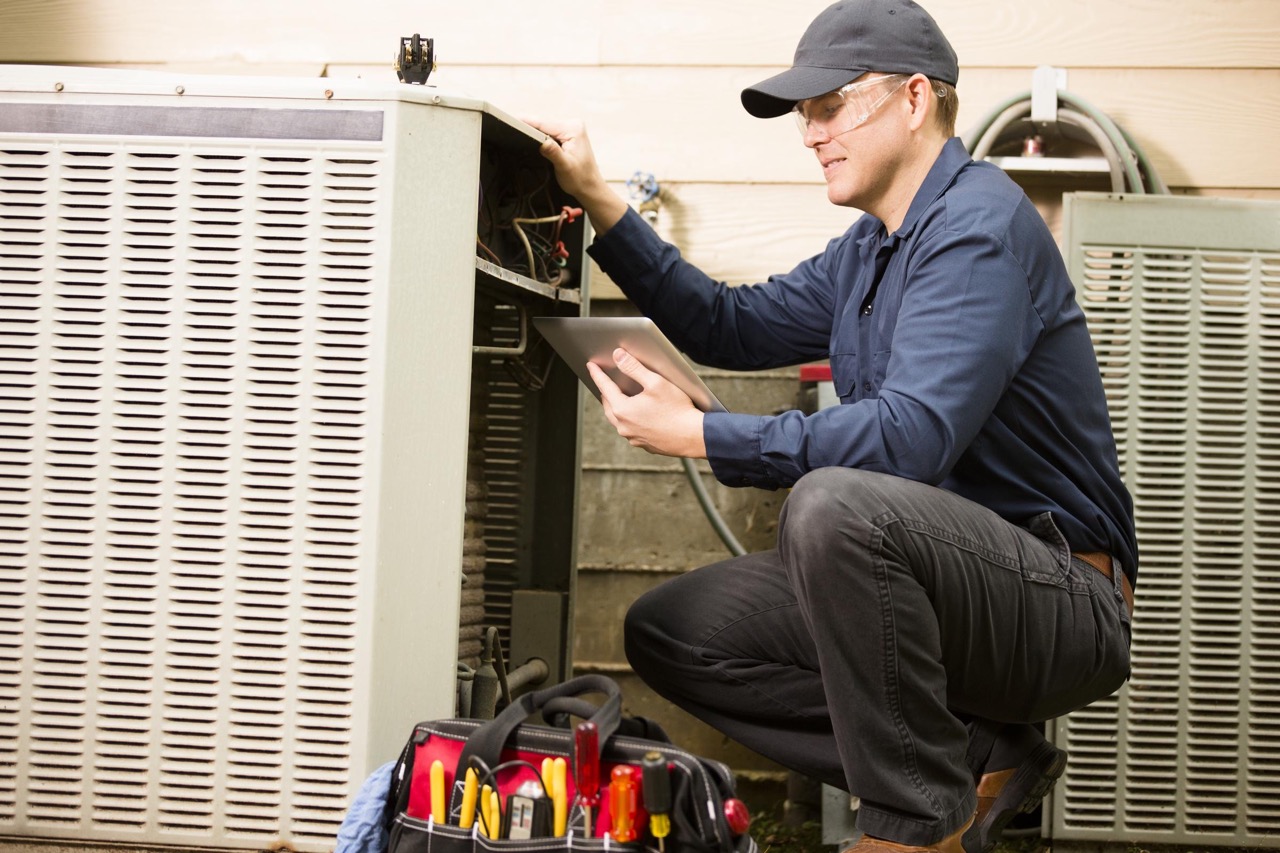
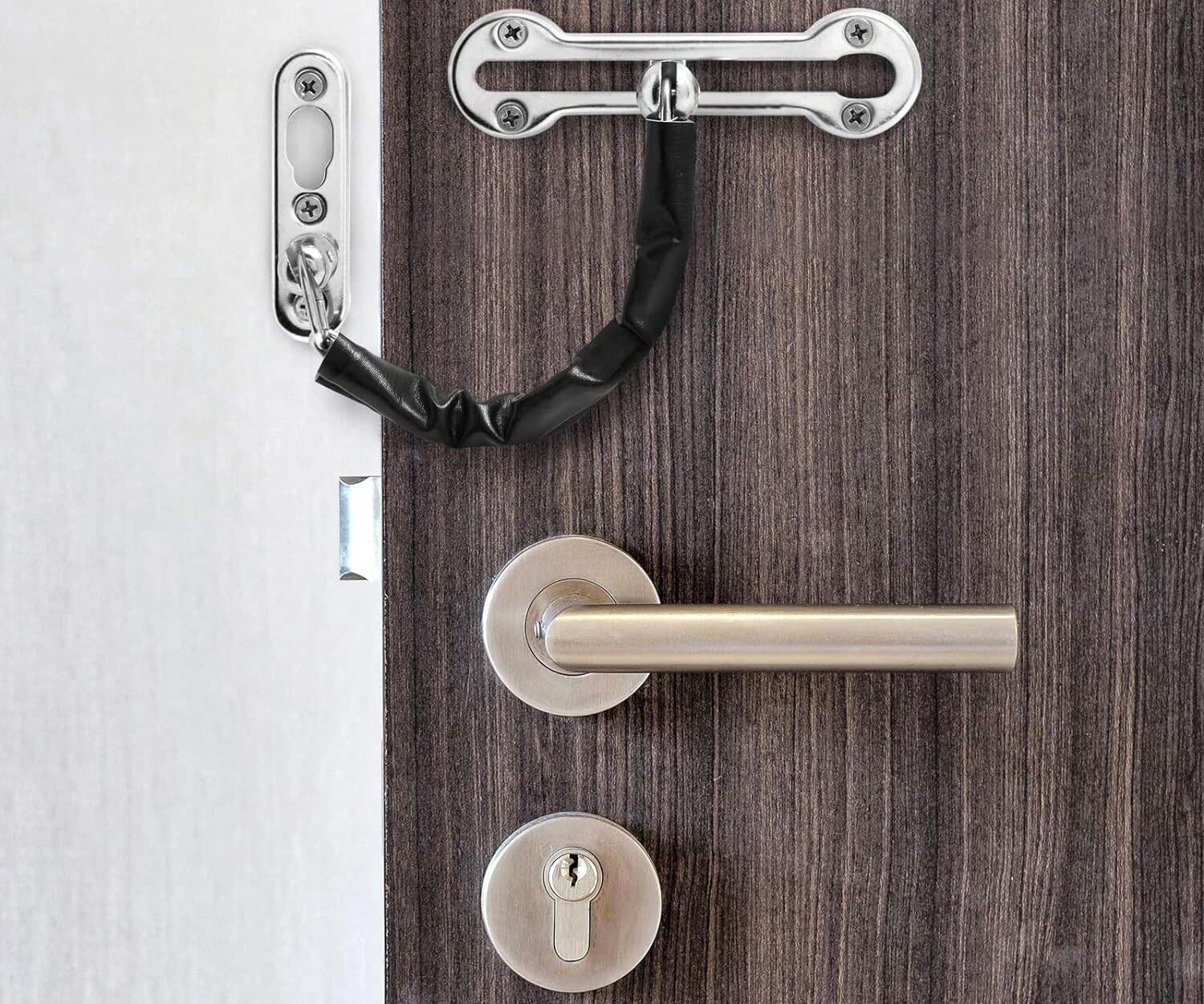
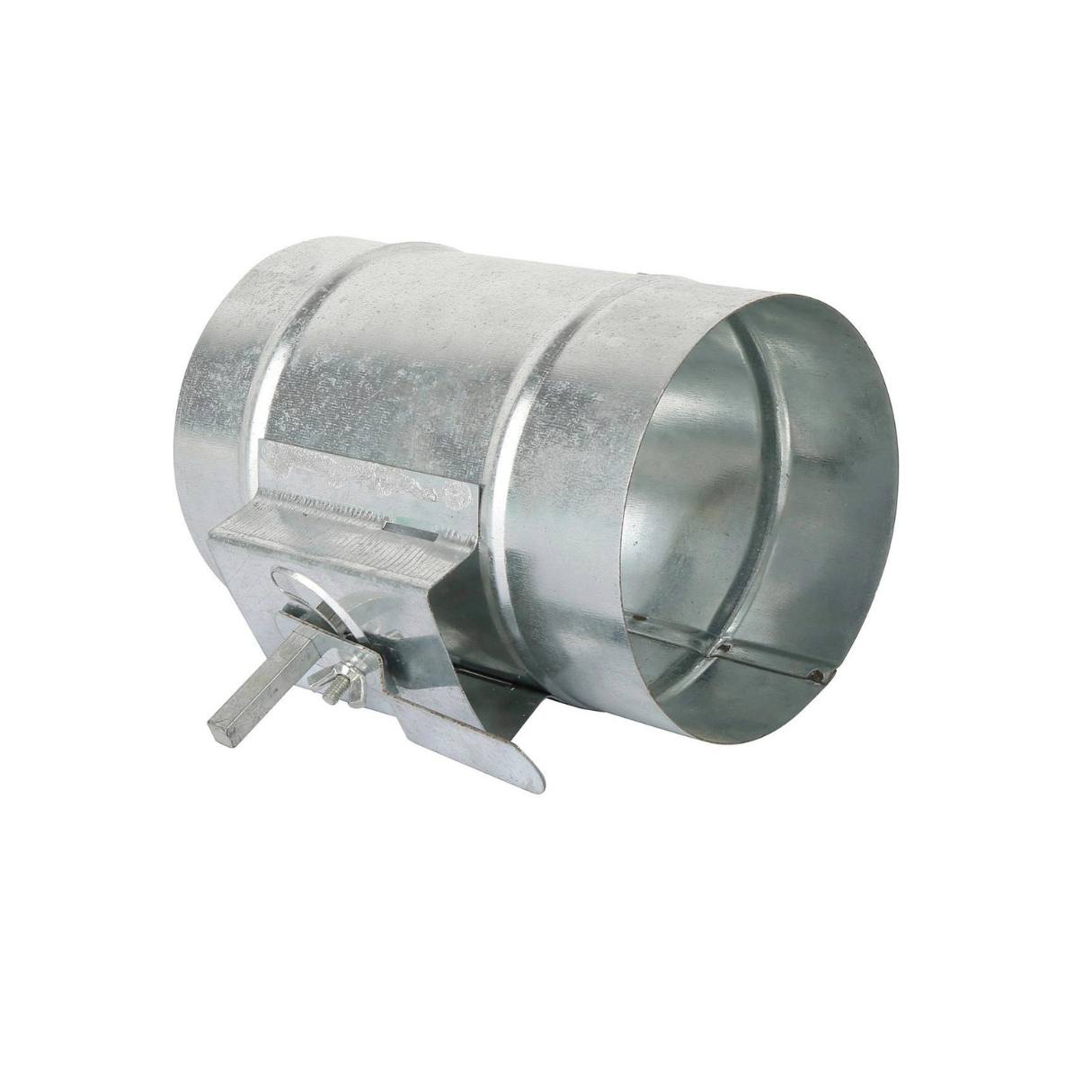
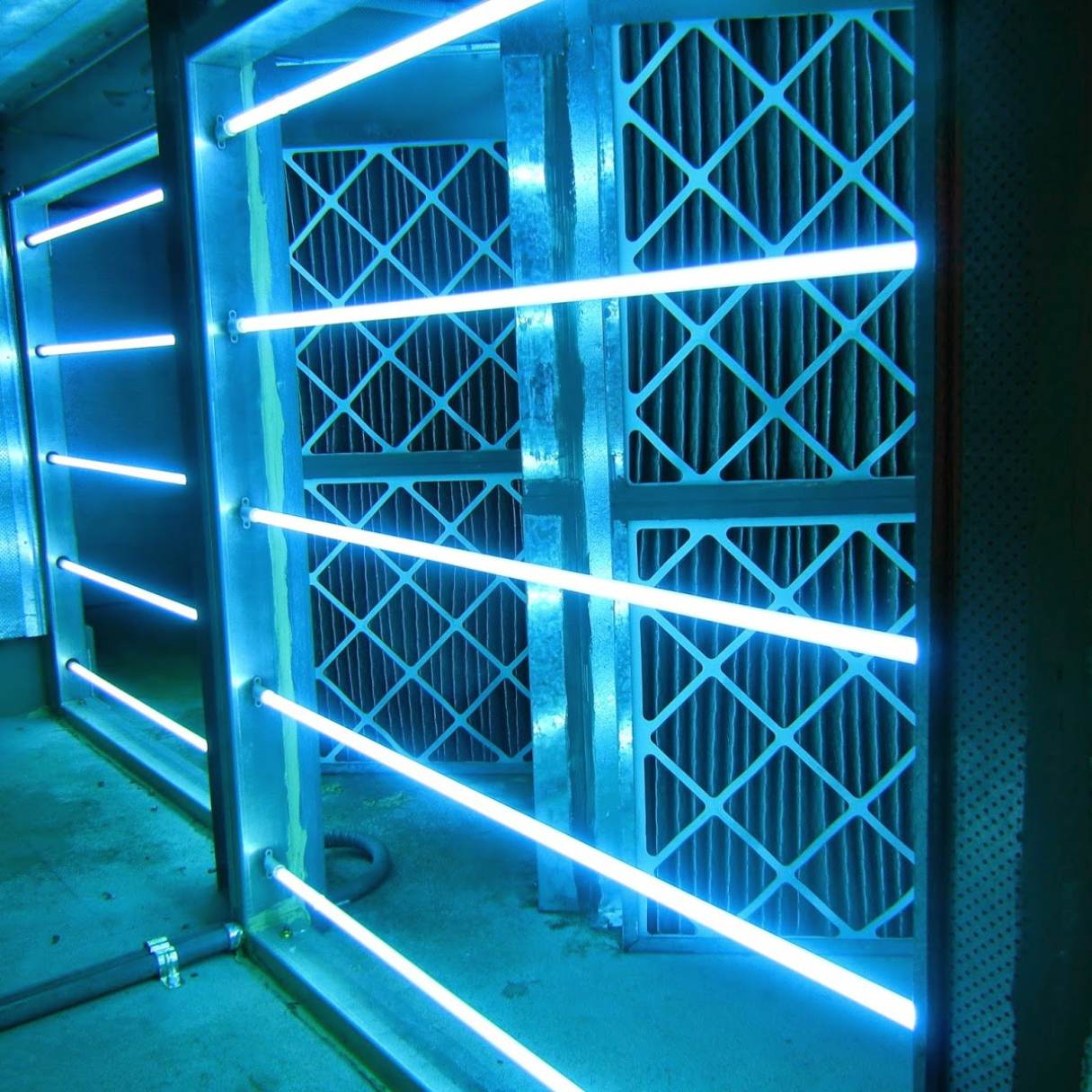
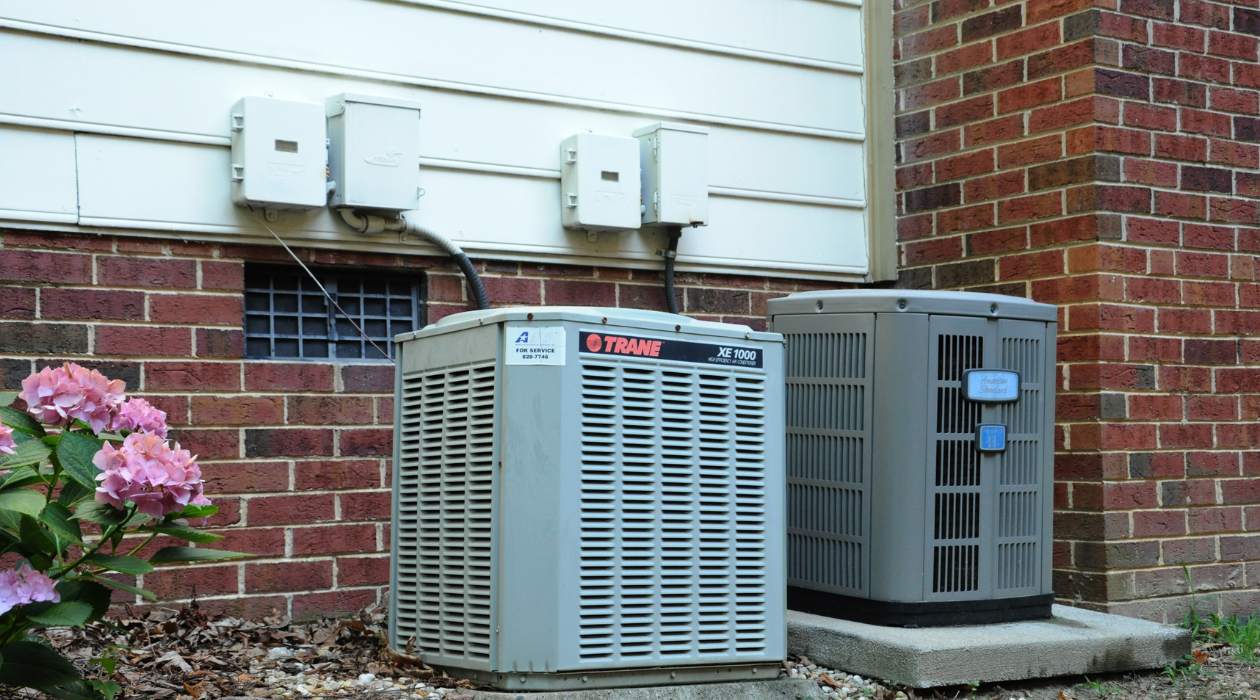
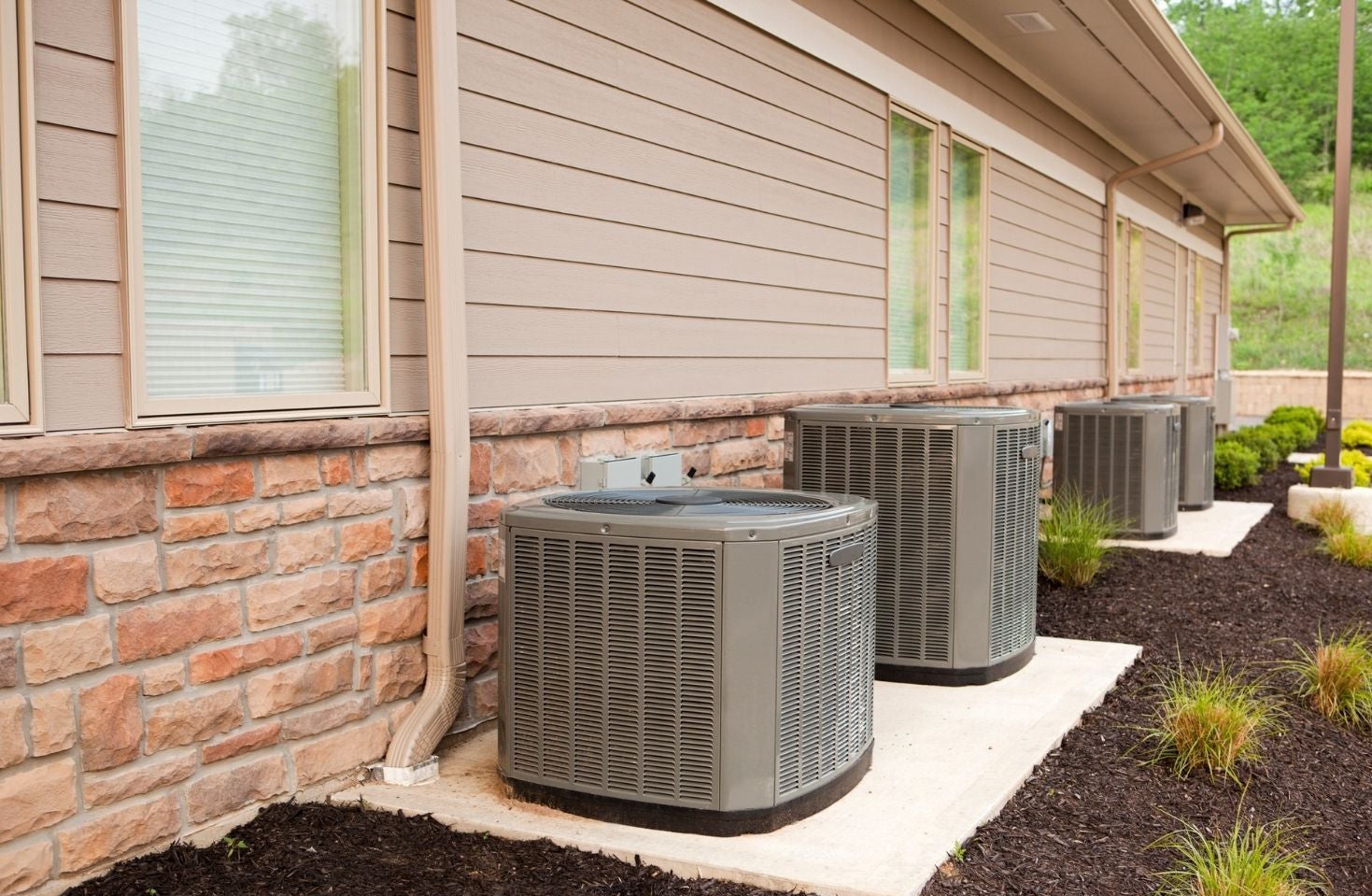
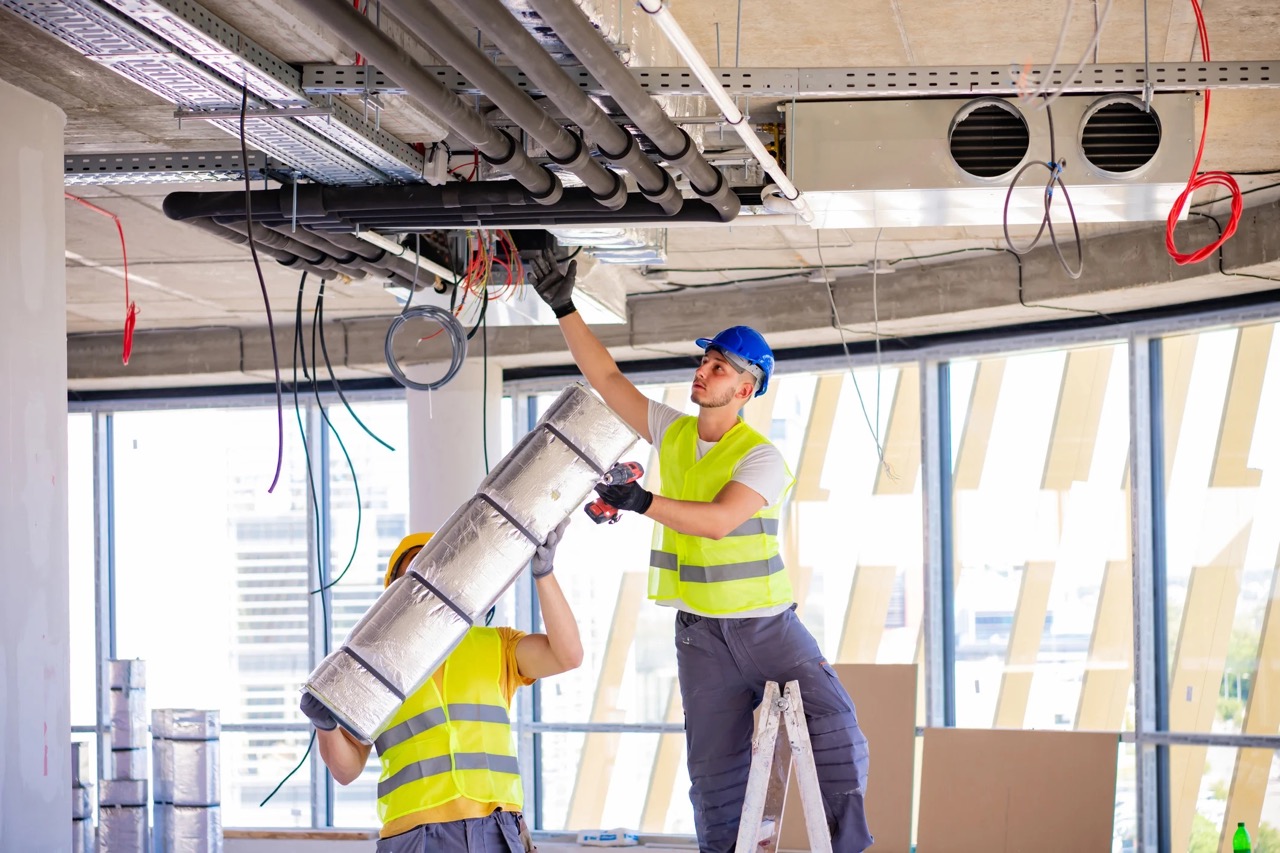
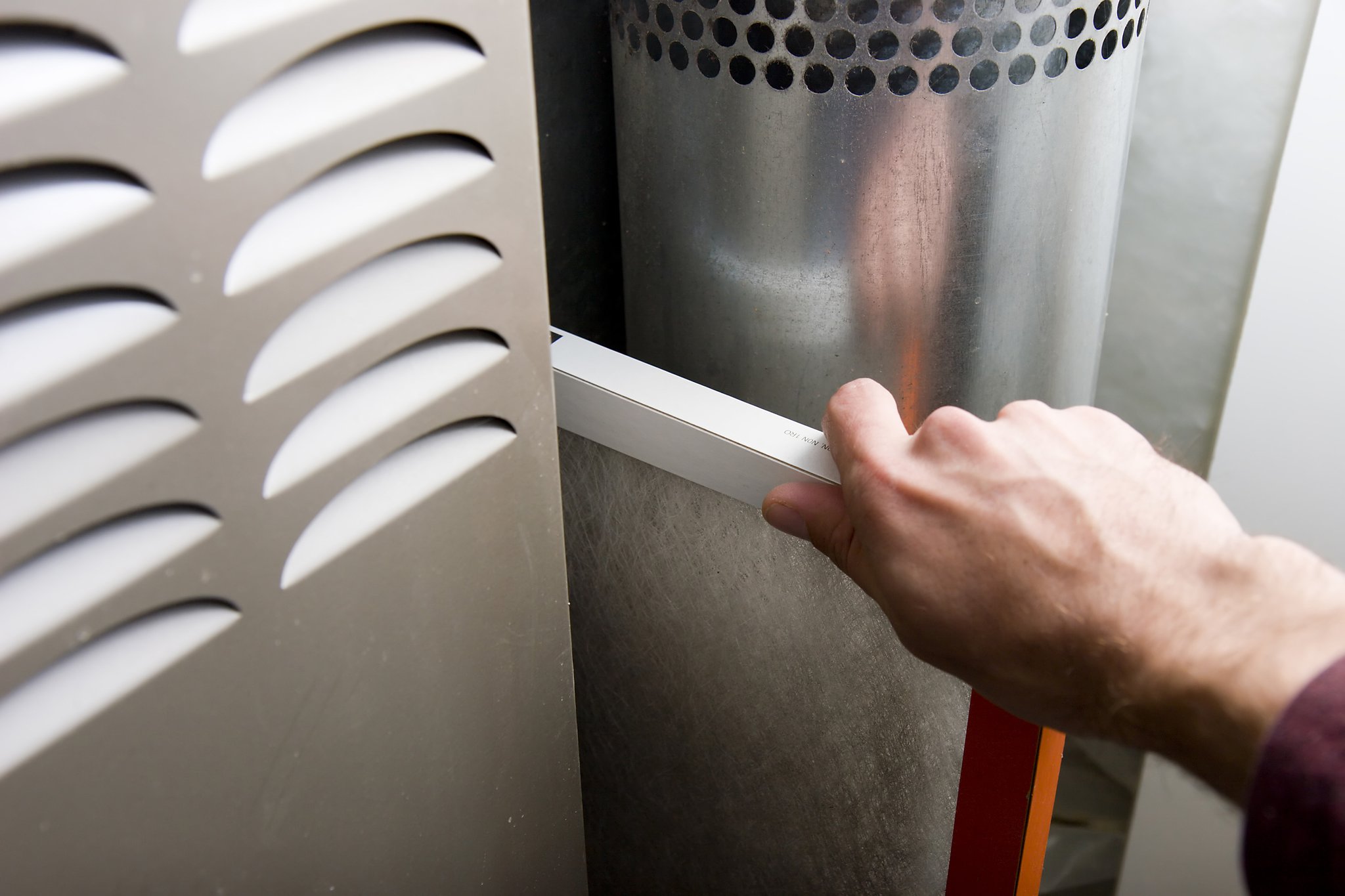

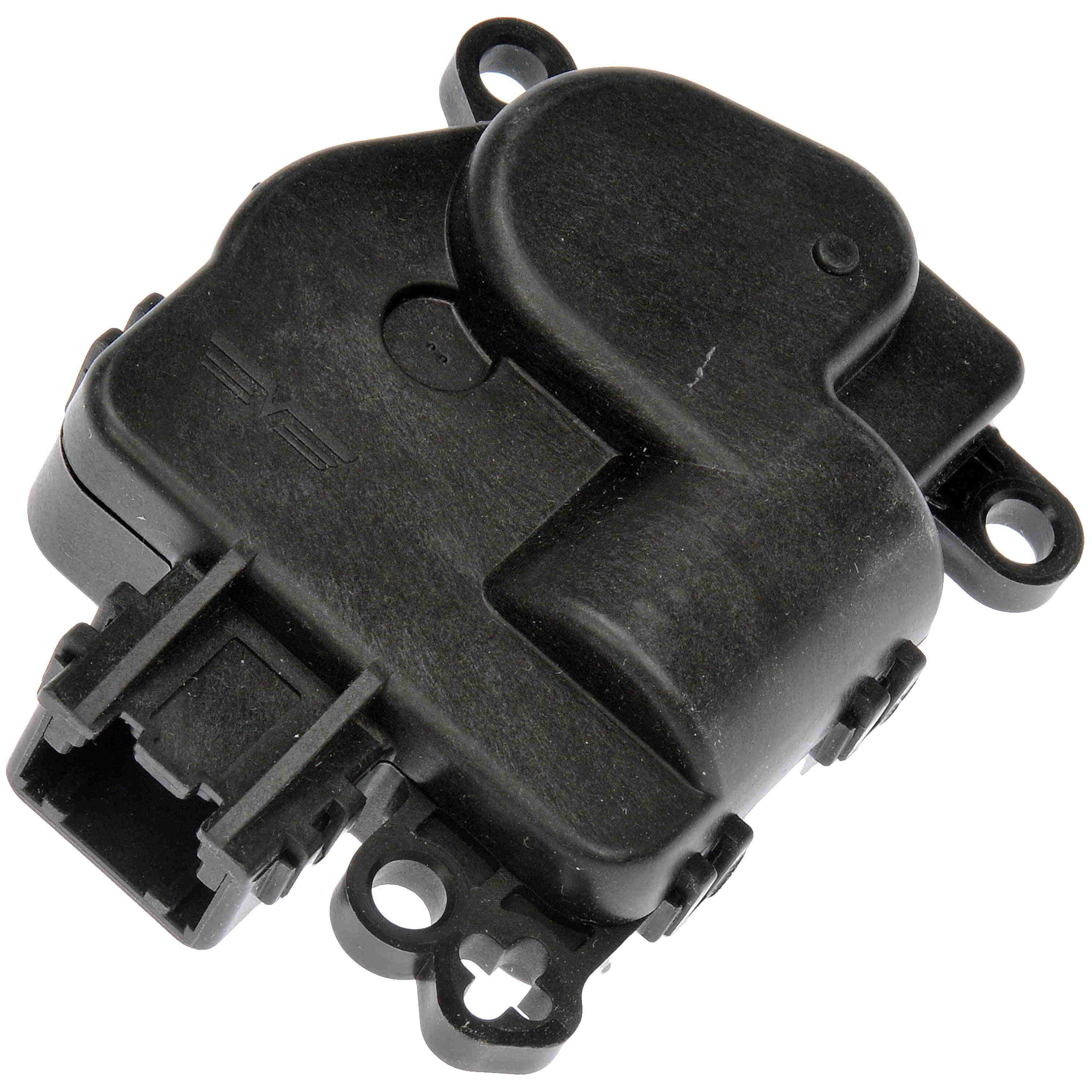
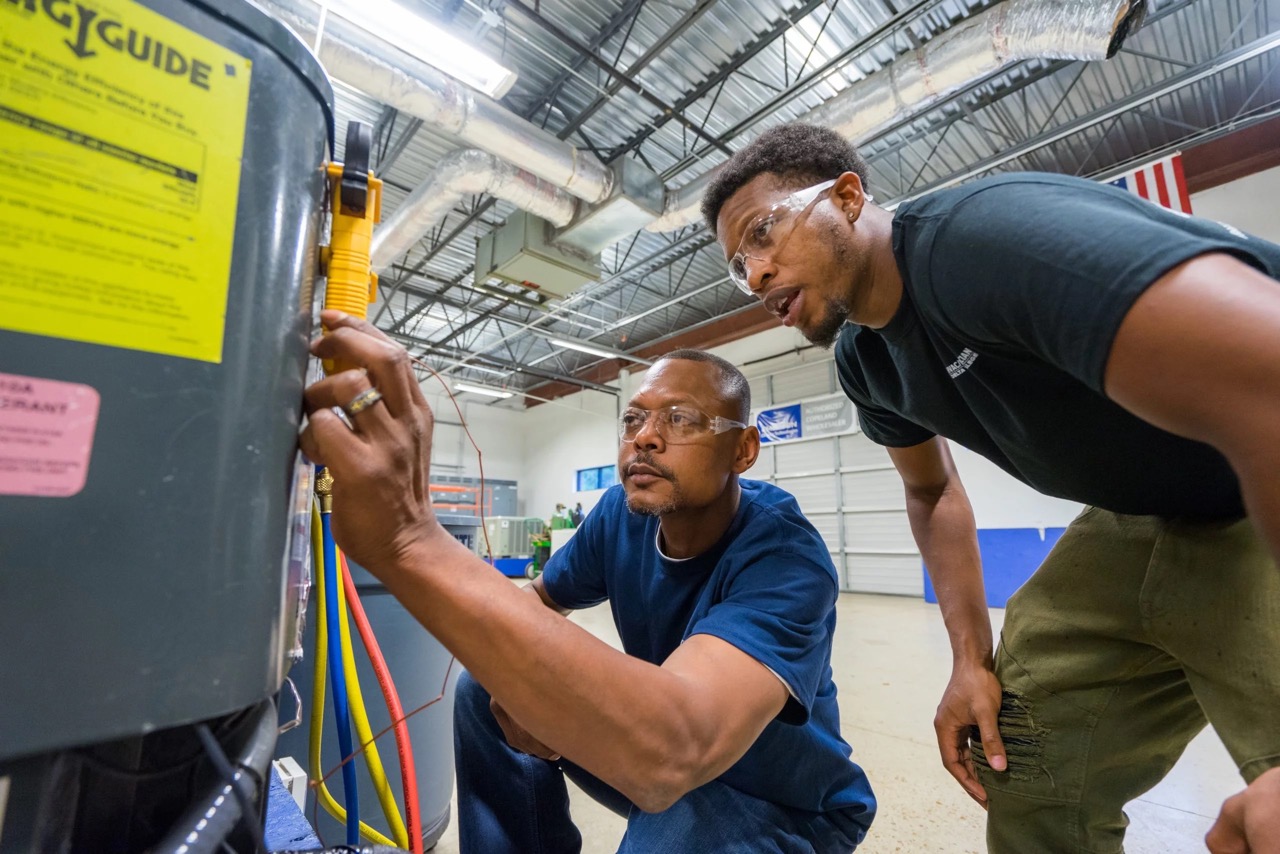
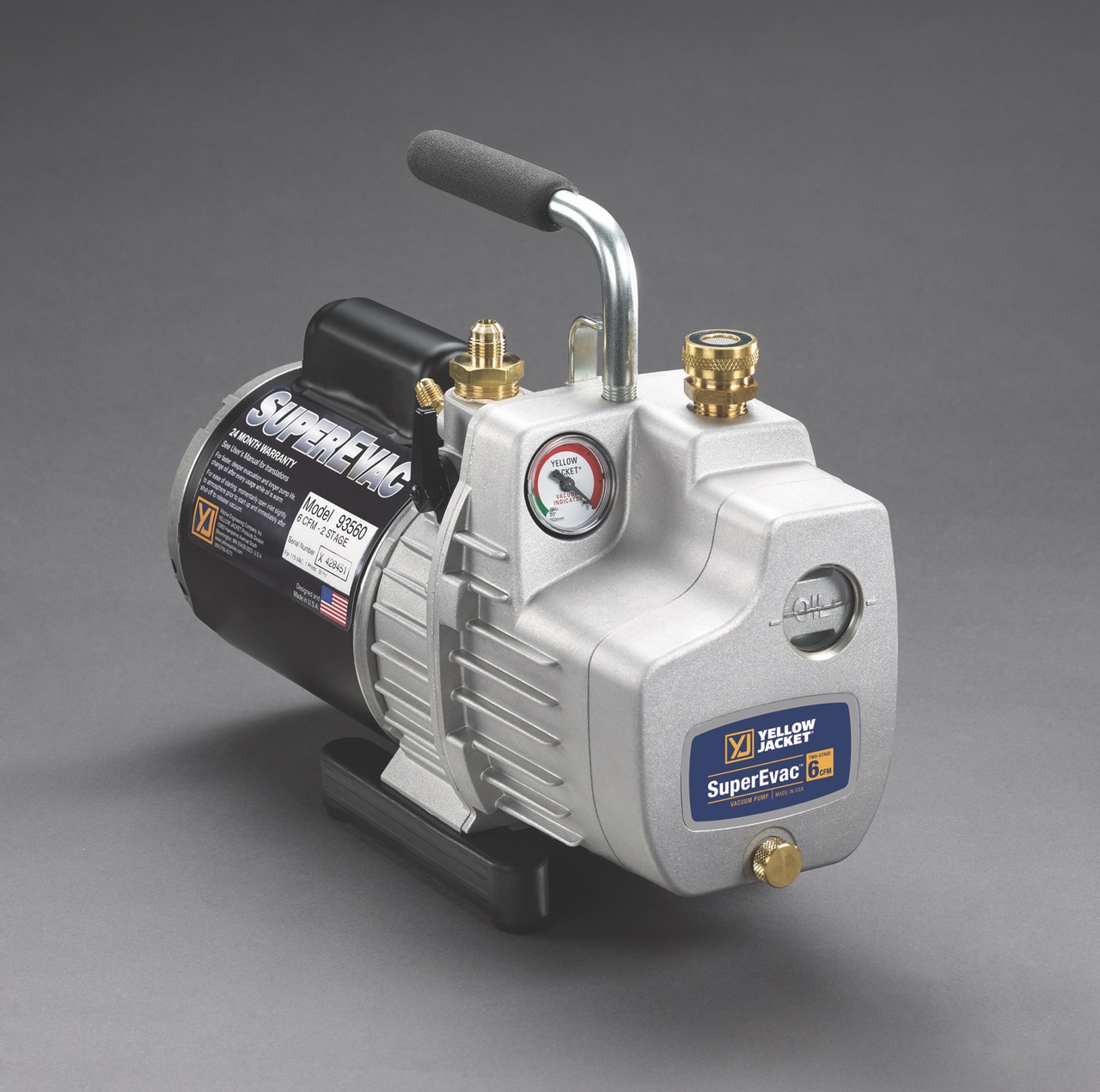
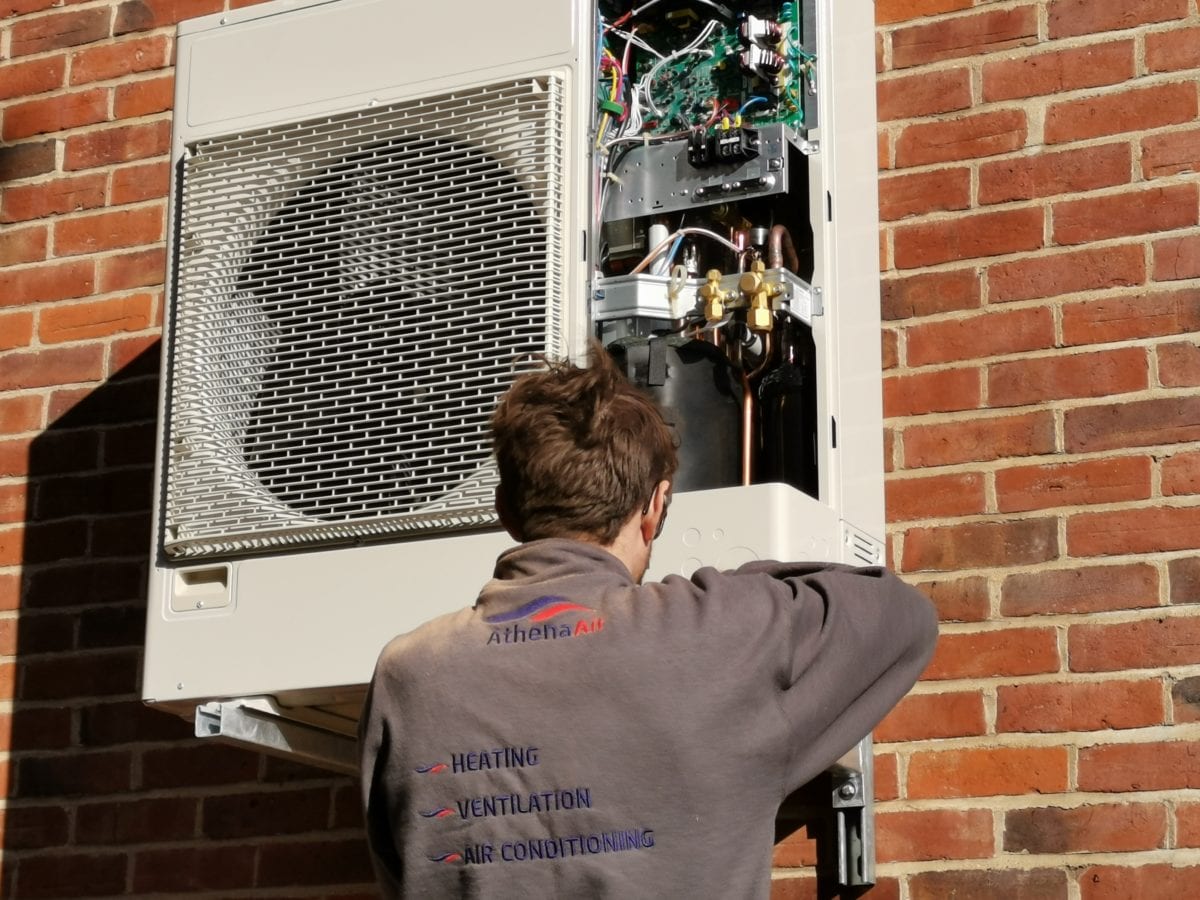
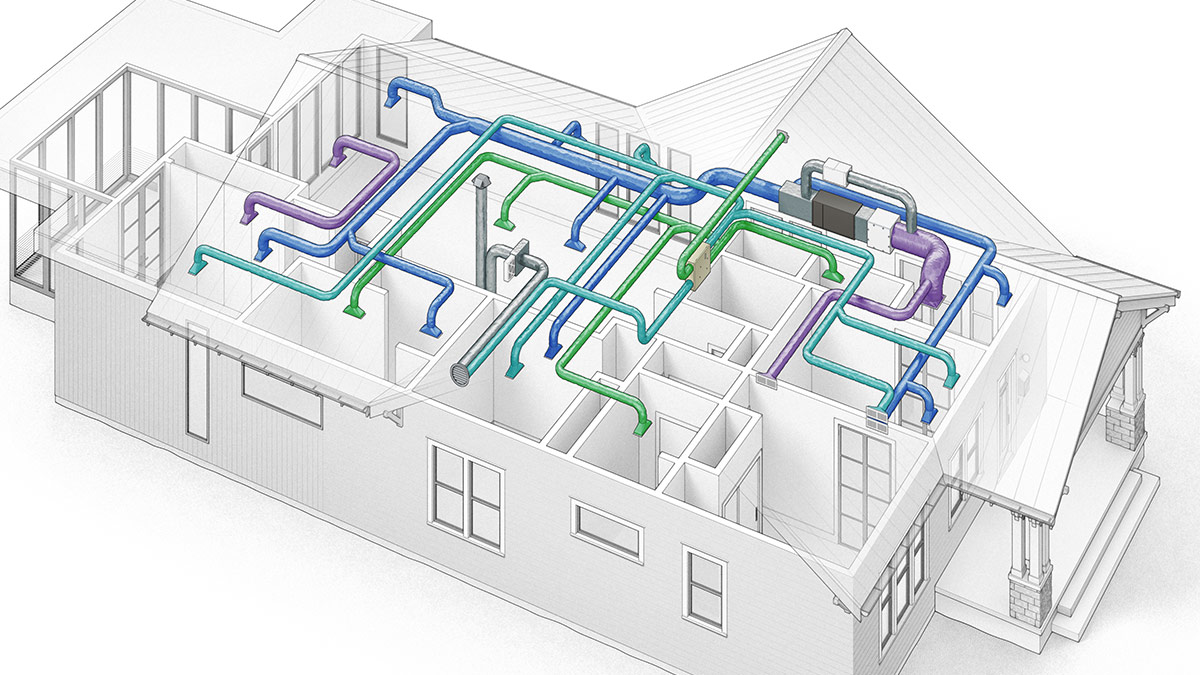

0 thoughts on “What Type Of HVAC System Do I Have”